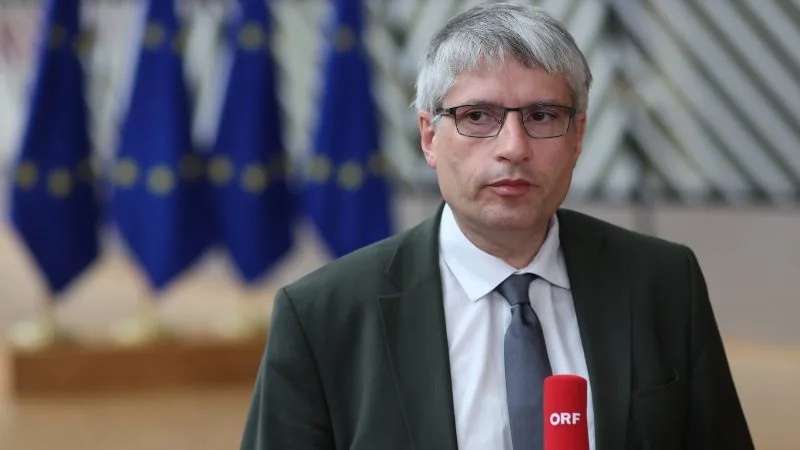Laying out key priorities for the EU’s upcoming Clean Industrial Deal, German Economy State Secretary Sven Giegold said on Monday (30 September) he wants the Commission to prioritise renewable energy, taking a tough line on nuclear power and France’s renewable targets.
Alongside a quicker roll-out of renewable energy facilitated by “further exemptions from [environmental impact] assessments,” Giegold outlined several other German priorities for the EU’s upcoming strategy.
Based on the 2030 renewable energy targets, the EU should also set up a 2040 framework, complemented by new, more ambitious targets for energy efficiency, he said.
“It should include new heating standards, a heat pump action plan and a renovation initiative,” he explained, noting a heat pump action plan was last shelved in 2023.
Hydrogen, made from renewables, should be governed by a “a pragmatic framework,” the German politician stressed, reiterating calls from his boss, Economy Minister Robert Habeck (Greens), to delay strict production rules into the late 2030s.



A related article with interesting stats on the world’s nuclear power plants: the U.S. and France have the largest fleet, but China Is rapidly building new nuclear power plants as the rest of the world stalls
And yet, China is still building out solar, wind, and coal faster.
That’s despite nuclear having a lot of advantages in China: